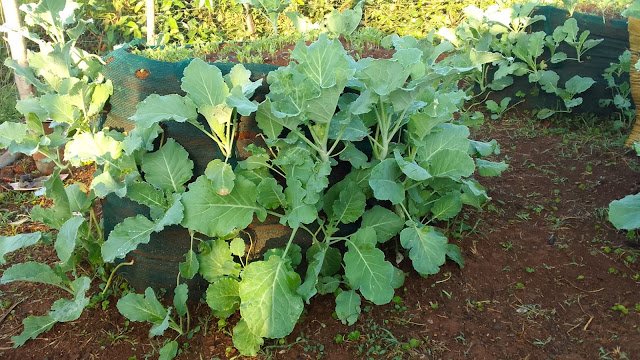The majority of agricultural land in western Kenya is constantly moulting. However, innovative technologies are emerging to address the issues posed by overpopulation, water scarcity, climate change, labour shortage, and urbanization, which is reducing arable land. Vertical farming is an intensive method of boosting food production on less space by cultivating and producing crops in vertically stacked layers and vertically inclined surfaces.
To grow food in cities, such
farms must be developed, which takes up less space and saves time that would
otherwise be spent transporting food from rural areas to cities. Vertical
systems are becoming increasingly popular in the market, and comparable systems
are used in aeroponics/stacked containers. Vertical agriculture is a topic that
is frequently debated in the industrial and scientific circles.
Vertical farming as a concept was
established in 1999 by Dickson Despommier at Colombia University as a result of
technological developments. Vertical farming has the potential to alleviate
environmental challenges by allowing more food to be produced with fewer
resources, including reduced water requirements (through water recycling). This
faming is quickly gaining traction in the scientific and industrial spheres
(Al-Chalabi, 2015). Women Business Hub is a community-based organization that
promotes the Vertical Farming Concept to solve food insecurity.





.jpeg)

.jpeg)

.jpeg)
.jpeg)

.jpeg)
.jpeg)

.jpeg)
.jpeg)

.jpeg)
.jpeg)
.jpeg)





No comments:
Post a Comment